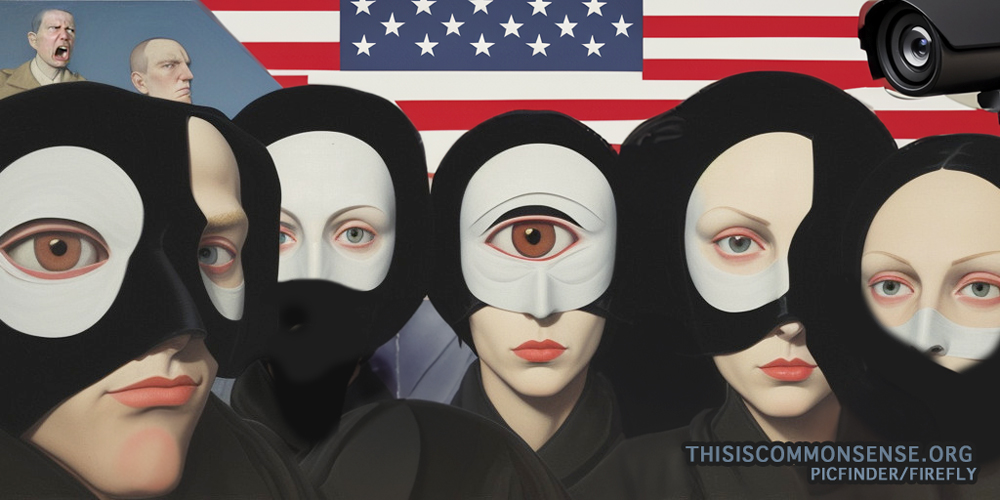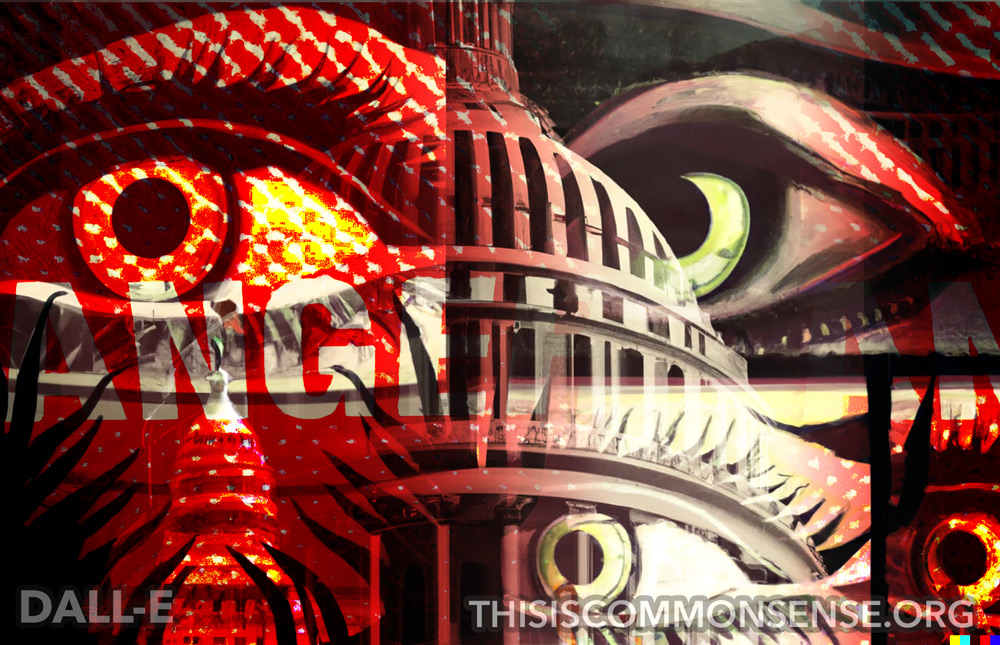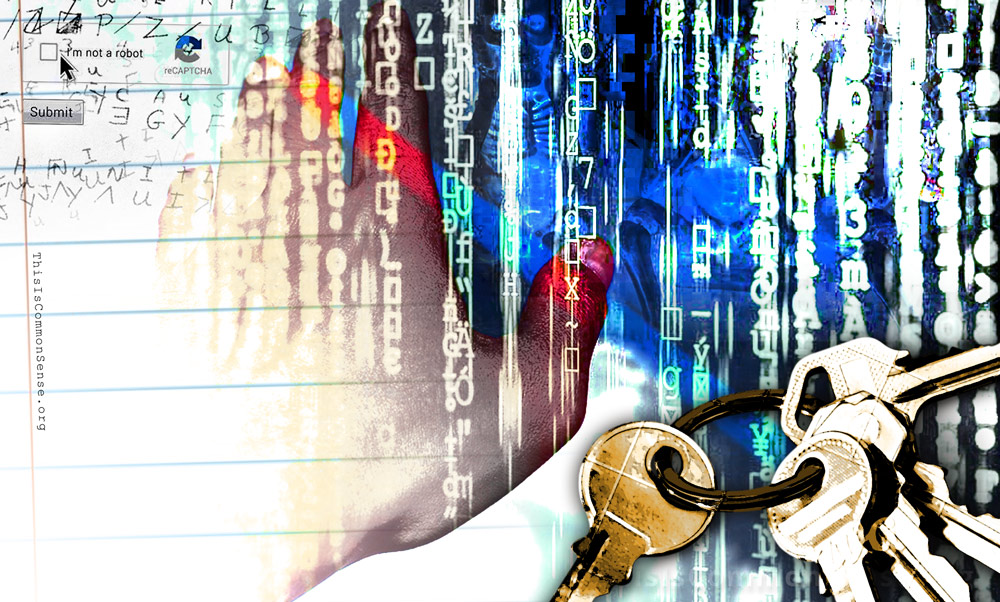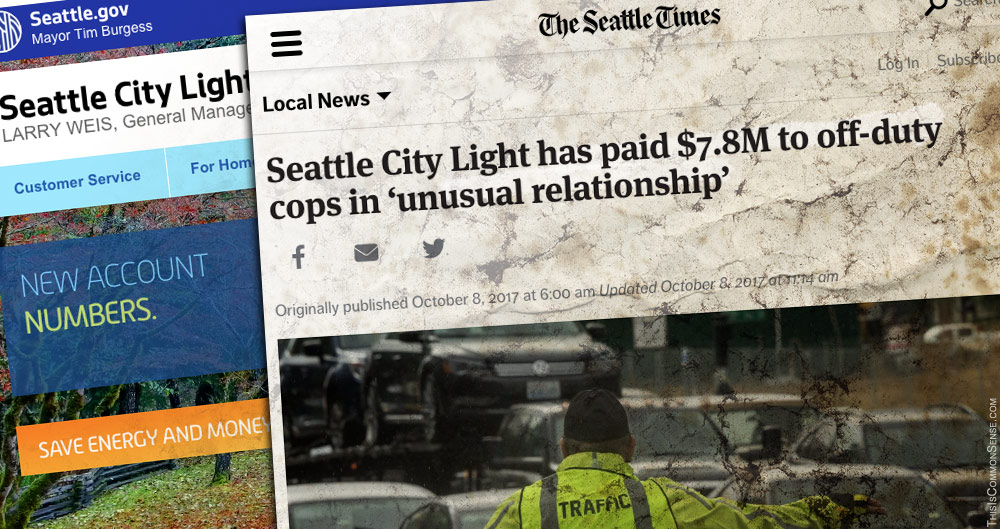Some people, enemies of drawing the curtains, say: “If you aren’t doing anything wrong, you have nothing to hide.”
Doesn’t follow. Hiding is a form of protecting. We all have things to protect. Innocent people advisedly hide information from neighbors, from bureaucrats eager to erode liberty, from plain criminals.
And from the political fanatic who acts as a criminal.
If you’re a political activist with a public profile, or even just a voter, it may be a good idea to prevent ideological criminals from knowing where you live or work. That’s why God gave us post offices boxes and commercial mail receiving agencies.
Somebody recently firebombed the offices of Powerline’s John Hinderaker, a pro-liberty activist. One fire was set in an office that he subleases in “the building that houses Center of the American Experiment,” Hinderaker’s organization, another near a law center that he works with in the same building.
The suspects are many. Why? Well, as Hinderaker told federal investigators, CAE is “unusually effective across a broad range of issues.”
If bad guys can do something to hurt you — doxxing, stalking, firebombing — once they’ve got certain information about you, it is eminently reasonable to keep that information as private as possible.
Even when such data is already circulating, you can take significant steps to improve your privacy. Among the better books on how to do so is How to Be Invisible by J. J. Luna. More current and comprehensive is Michael Bazell’s Extreme Privacy.
Worth consulting, since — without the recourse these resources provide — the cost of political activism could induce us to cede to evil people the future of our country and the world.
This is Common Sense. I’m Paul Jacob.
Illustration created with PicFinder and Firefly
—
See all recent commentary
(simplified and organized)








